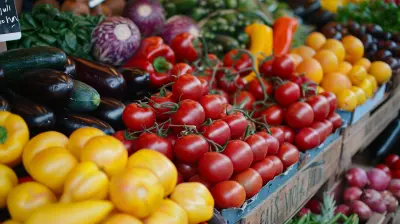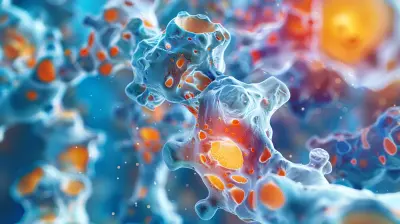Paleo vs. Modern Diets: What’s Best for Your Body?
2 June 2025
Eating healthy is one of the best things you can do for your body. But with so many diet trends out there, how do you know which one is right for you? Two popular diets that often get compared are the Paleo diet and the modern diet (often referred to as the Standard American Diet or SAD).
So, should you be eating like a caveman, or is modern nutrition the way to go? Let’s dive deep into these two dietary approaches and find out what works best for your body. 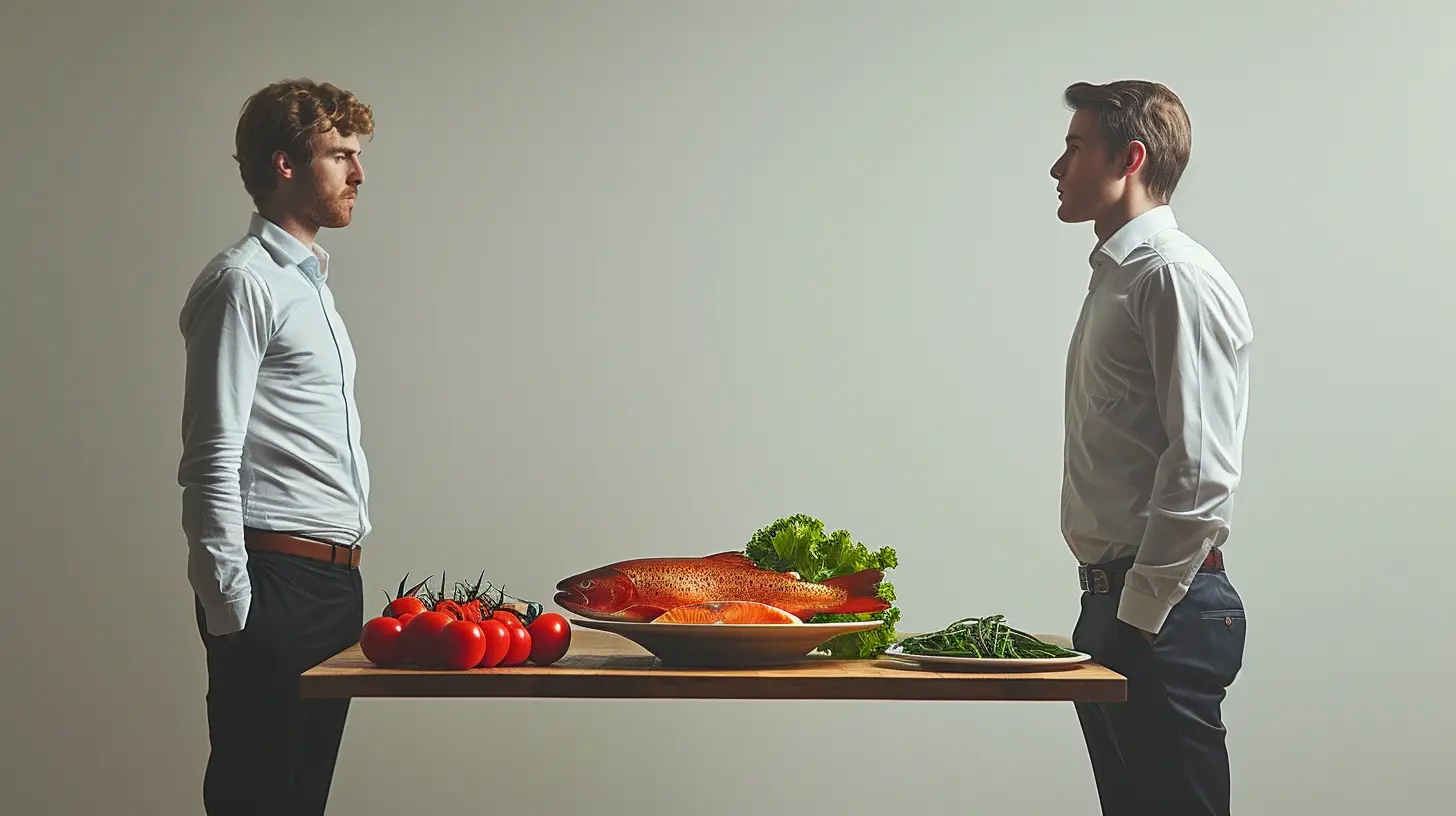
What is the Paleo Diet?
The Paleo diet, also called the "Caveman Diet" or "Stone Age Diet," is based on the foods that our ancestors likely ate thousands of years ago. The idea is to eat whole, natural foods that humans consumed before agriculture changed the way we eat.What Does the Paleo Diet Include?
If you’re following a Paleo diet, your meals will be packed with:✅ Lean Meats – Think grass-fed beef, chicken, turkey, and wild-caught fish.
✅ Fruits and Vegetables – Fresh, organic produce is a must.
✅ Nuts and Seeds – No processed snacks, just natural, whole-food options.
✅ Healthy Fats – Olive oil, coconut oil, and avocado are staples.
What’s Not Allowed on Paleo?
The Paleo diet cuts out anything that wasn’t available back in the hunter-gatherer days, including:❌ Grains (wheat, rice, oats)
❌ Dairy (milk, cheese, yogurt)
❌ Processed Sugar
❌ Legumes (beans, lentils, peanuts)
❌ Artificial Ingredients, Preservatives, and Refined Oils
The goal is simple: eat like your ancestors to promote optimal health. But does this approach make sense for today’s world? 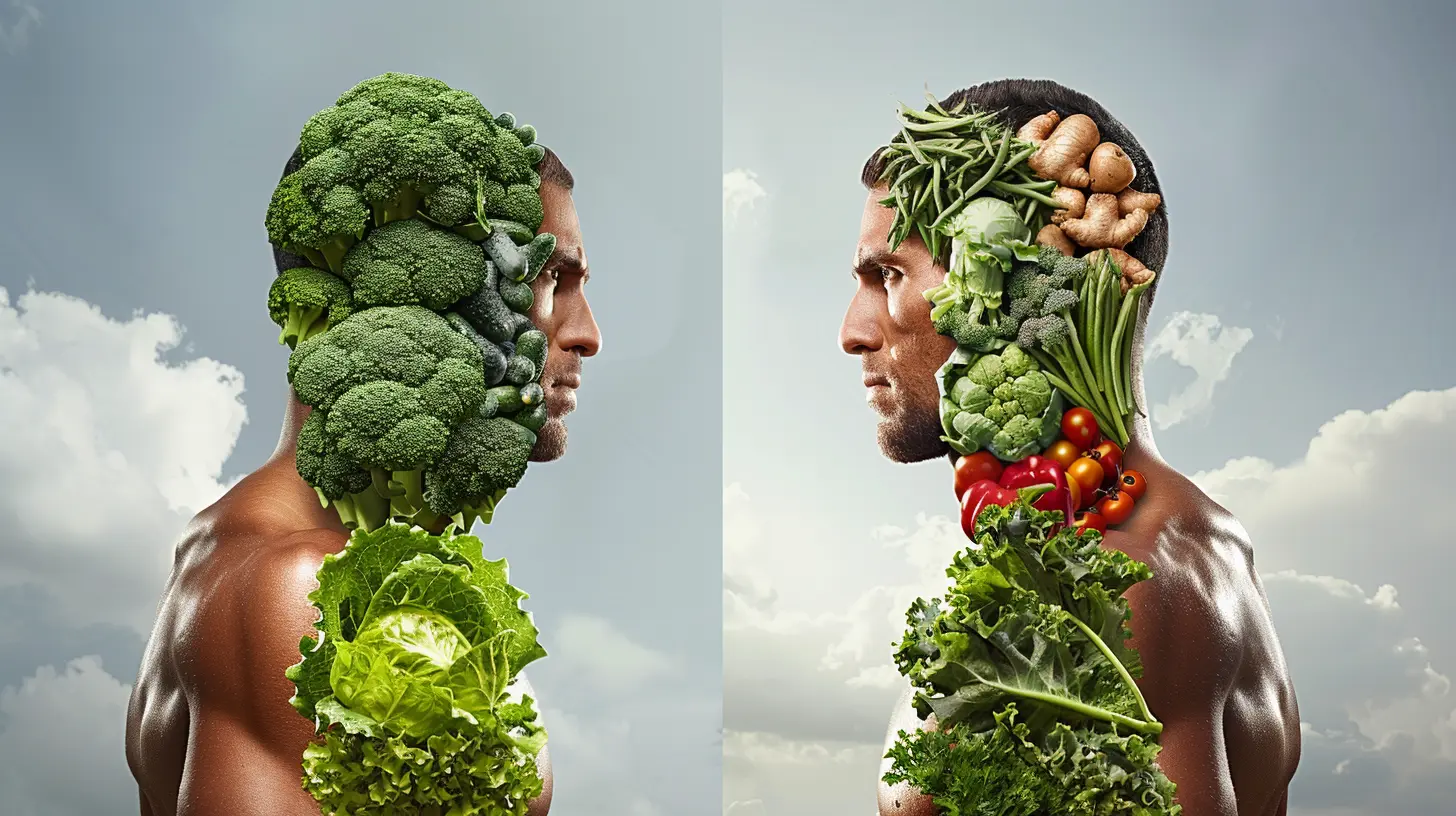
What is the Modern Diet?
The modern diet, or the Standard American Diet (SAD), is what many people eat today. It typically consists of highly processed foods, refined sugars, and lots of convenience meals.What Does the Modern Diet Include?
If you look at a typical grocery cart, you’ll see a mix of:✔ Processed Foods – Packaged snacks, frozen dinners, and instant meals.
✔ Refined Grains – Bread, pasta, rice, and breakfast cereals.
✔ Dairy Products – Milk, cheese, butter, and yogurt.
✔ Sugary Beverages – Sodas, fruit juices, and sweetened coffee drinks.
✔ Fast Food – Burgers, fries, pizza, and other quick meals.
While modern diets are convenient, they also come with downsides. Many modern foods are loaded with added sugars, unhealthy fats, and artificial ingredients that can contribute to various health problems. 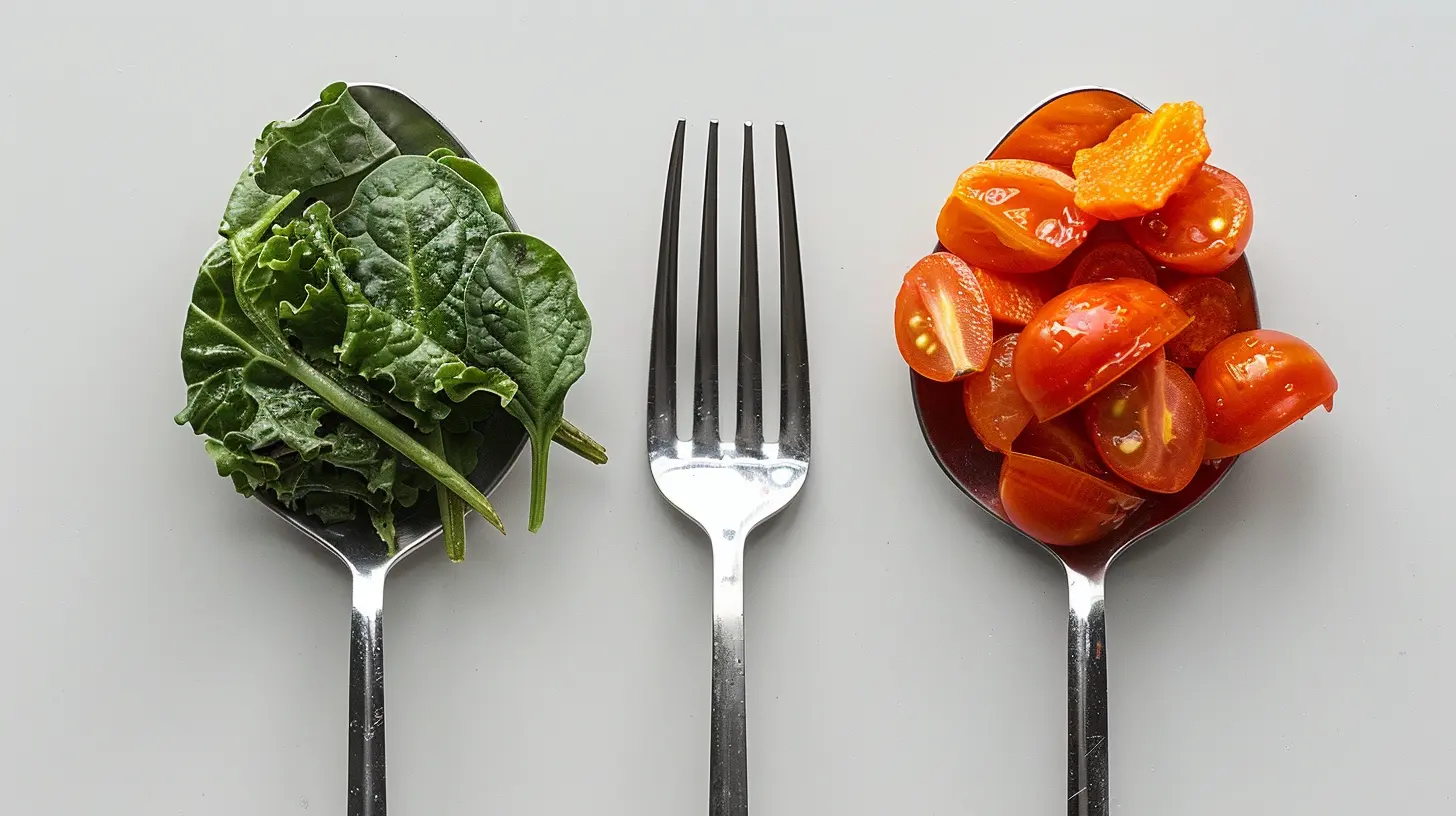
Comparing Paleo and Modern Diets
Now that we know the basics of each diet, let’s compare them side by side.1. Nutrient Density
The Paleo diet focuses on whole, nutrient-dense foods, while the modern diet is often packed with empty calories from processed junk foods. Paleo wins here since it provides more vitamins, minerals, and antioxidants with fewer artificial additives.2. Impact on Blood Sugar Levels
Modern diets are loaded with refined carbs and sugars, which spike blood sugar and lead to energy crashes and cravings. Paleo, on the other hand, keeps blood sugar stable by focusing on whole foods and natural carbohydrates from fruits and vegetables.3. Weight Management
If you’re trying to lose weight, Paleo might be the better choice.- The high protein and healthy fats in Paleo help keep you full longer.
- The modern diet, with its processed foods, tends to encourage overeating and weight gain.
4. Gut Health
Your gut microbiome plays a crucial role in digestion and overall health. The Paleo diet promotes gut health by eliminating processed foods and inflammatory ingredients. The modern diet, with its high intake of sugar and artificial additives, can harm gut bacteria and lead to digestive issues.5. Heart Health
- Paleo focuses on healthy fats from sources like avocados, nuts, and olive oil, which support heart health.- The modern diet is high in trans fats and refined oils, which can contribute to heart disease.
If heart health is a priority, it’s better to lean toward Paleo-friendly foods.
6. Convenience and Accessibility
Let’s be real—Paleo can be harder to follow in today’s world.- The modern diet is readily available and convenient, with pre-packaged meals and easy takeout options.
- Paleo requires more meal planning and cooking, which isn’t always easy for those with busy schedules.
While the modern diet wins in terms of convenience, it doesn’t necessarily win in terms of health. 
Which Diet is Best for You?
At the end of the day, the best diet is the one that works for your body and lifestyle. Here’s what to consider:Go Paleo If:
✅ You want to cut out processed foods and eat more whole foods.✅ You struggle with blood sugar spikes or digestive issues.
✅ You’re looking for a sustainable way to lose weight and improve overall health.
Stick to a Modern Diet (With Improvements) If:
✅ You need the convenience of quick meals but want to make healthier choices.✅ You can include whole grains, legumes, and dairy without digestive problems.
✅ You focus on choosing less processed, balanced meals and avoid excessive sugar.
A balanced approach might be the best solution for many people. You don’t necessarily have to go full Paleo, but cutting back on processed foods and eating more whole, natural meals can significantly improve your health.
Final Thoughts: Finding the Middle Ground
Instead of going all-in on one diet, why not take the best aspects of both? Here’s a simple, balanced approach:- Eat whole, nutrient-dense foods as much as possible.
- Avoid heavily processed foods and excessive sugar.
- Prioritize lean proteins, healthy fats, and fiber-rich vegetables.
- Allow yourself some modern foods in moderation.
The key is to listen to your body. Some people thrive on a strict Paleo diet, while others do well with a mix of modern options. Pay attention to how different foods make you feel, and adjust accordingly.
At the end of the day, it’s not about following a trend—it’s about creating a diet that supports your health, energy, and lifestyle.
all images in this post were generated using AI tools
Category:
Paleo DietAuthor:

Holly Ellison
Discussion
rate this article
3 comments
Falkor McKeever
In the dance of diets, past and present entwine; Ancient whispers of nature versus modern time. Choose what nourishes your soul, for health is divine.
June 22, 2025 at 3:27 AM

Holly Ellison
Thank you for beautifully summarizing the essence of the debate! It's vital to consider both ancient wisdom and modern science when choosing what nourishes us.
Dana Hubbard
Choose balance, thrive daily!
June 8, 2025 at 4:13 PM

Holly Ellison
Thank you! Finding balance is key to thriving on any diet.
Fay Hensley
Balance is key; listen to your body.
June 5, 2025 at 4:40 AM

Holly Ellison
Absolutely! Finding balance and tuning into your body's needs are essential for any diet, whether paleo or modern.

